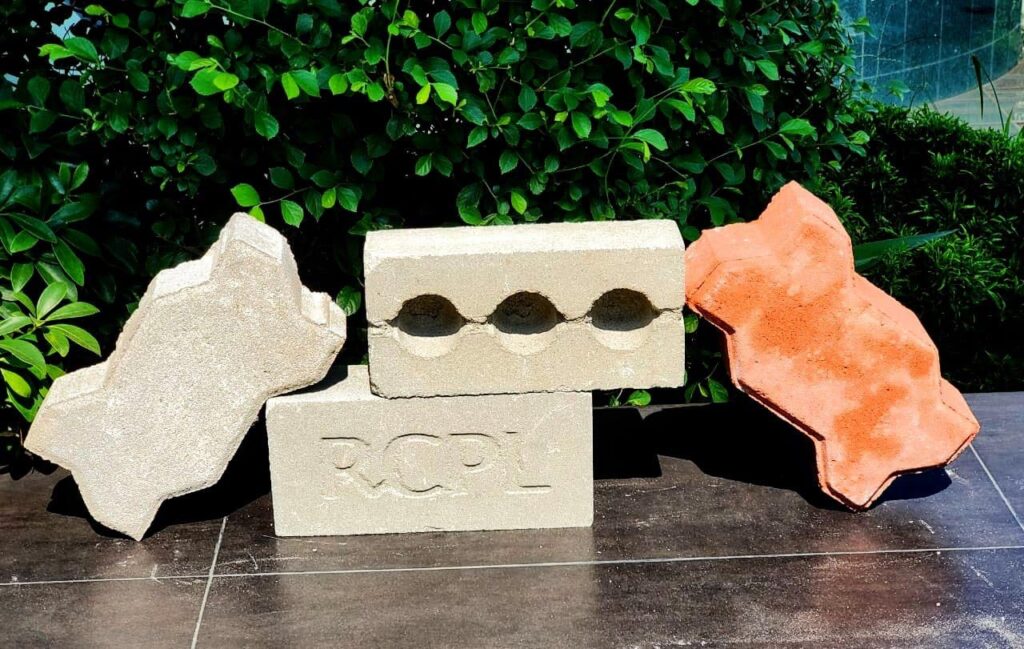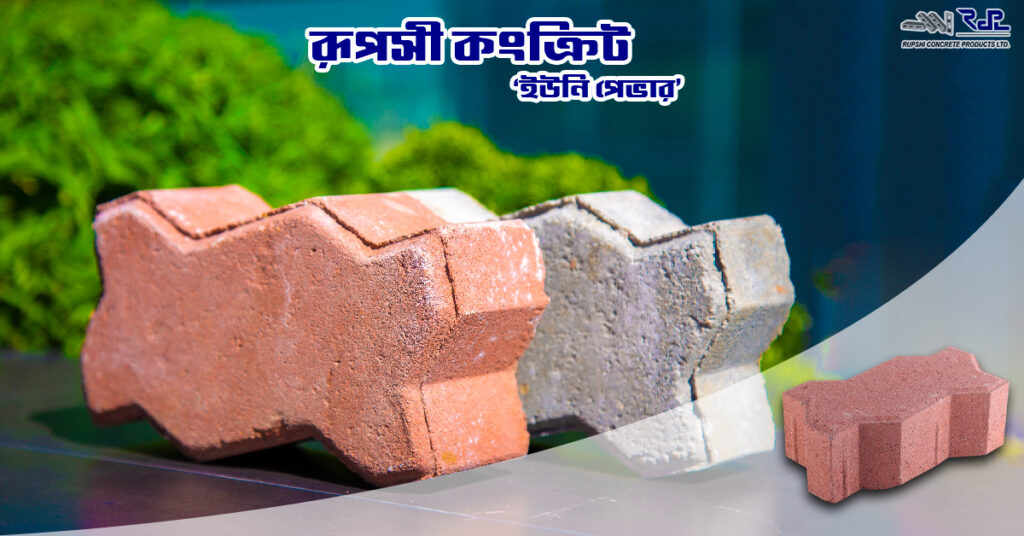A New Era of Industrial Flooring in Bangladesh
Bangladesh’s industrial landscape has evolved rapidly over the last decade. From textile factories and manufacturing zones to logistic hubs and power plants, industries are expanding both in scale and sophistication. With this growth, one critical challenge has emerged: finding a reliable, long-lasting flooring system that can withstand heavy loads, chemical exposure, and intense traffic.
Traditional concrete floors, though common, often fail to meet these modern demands. They develop cracks, erode under pressure, and require frequent maintenance — leading to costly operational downtimes. To address this, engineers and builders are increasingly turning to industrial paver blocks, a solution that combines strength, modularity, and long-term cost efficiency.
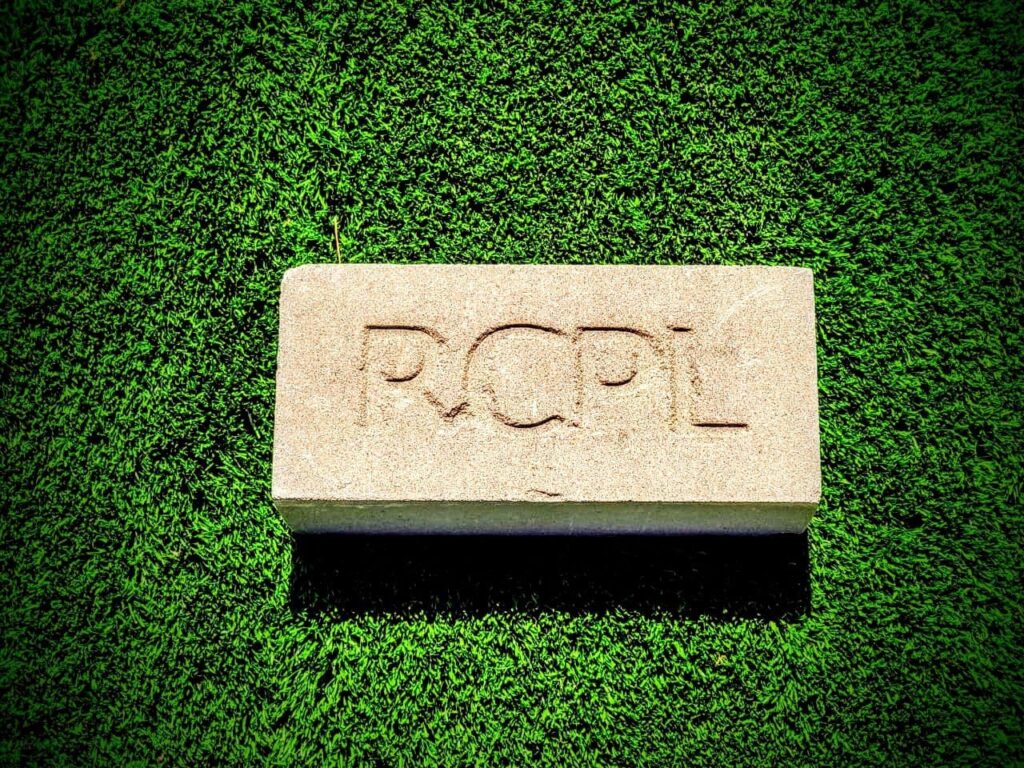
The Industrial Flooring Challenge in Bangladesh
Bangladesh’s industries operate in environments where flooring endures constant mechanical stress. Forklifts, trucks, heavy machinery, and containers move across surfaces daily. Over time, this creates problems such as:
- Surface cracking and chipping
- Dust formation that affects machinery and air quality
- Water accumulation due to poor drainage
- High maintenance costs from repeated patchwork repairs
As industries scale up in 2025, there’s a growing need for flooring systems engineered to last decades, not just years. Industrial paver blocks provide precisely that — a robust alternative that offers superior performance in both structural and environmental terms.
Evolution from Concrete Slabs to Industrial Paver Systems
The shift from traditional concrete slabs to precast industrial pavers marks a significant milestone in Bangladesh’s construction practices. Conventional flooring, poured on-site, requires long curing times and precise temperature control — both challenging in tropical conditions. Moreover, once a slab cracks, repairs often involve costly demolition and reinstallation.
In contrast, industrial paver blocks are modular, pre-engineered, and factory-made under controlled conditions. This ensures consistent strength, precise sizing, and faster installation. Each block interlocks with its neighbors, distributing loads more evenly and preventing crack propagation.
Globally, countries like India, Malaysia, and the UAE have already adopted this approach for factories, logistic zones, and seaports. Bangladesh’s growing industrial base is following suit — driven by the same demand for durability, safety, and cost efficiency.
What Makes an Industrial Paver Block “Heavy-Duty”?
The defining feature of an industrial paver block is its load-bearing capacity. These blocks are designed to support extreme pressure, whether from forklifts, cranes, or heavy trucks.
Key Engineering Characteristics
- Compressive Strength: Minimum 50 MPa (megapascal) to endure mechanical stress.
- Thickness Range:
- 60 mm – Light-duty walkways and parking zones
- 80 mm – Standard industrial floors
- 100 mm or more – Heavy-duty yards and logistic terminals
- Material Composition: Cement, coarse aggregates, sand, water, and sometimes fly ash for sustainability.
- Surface Finish: Textured or anti-skid to prevent slipping and improve traction in wet areas.
Each block is precision-molded using vibration compaction or hydraulic pressing, ensuring a dense, durable structure with low porosity.
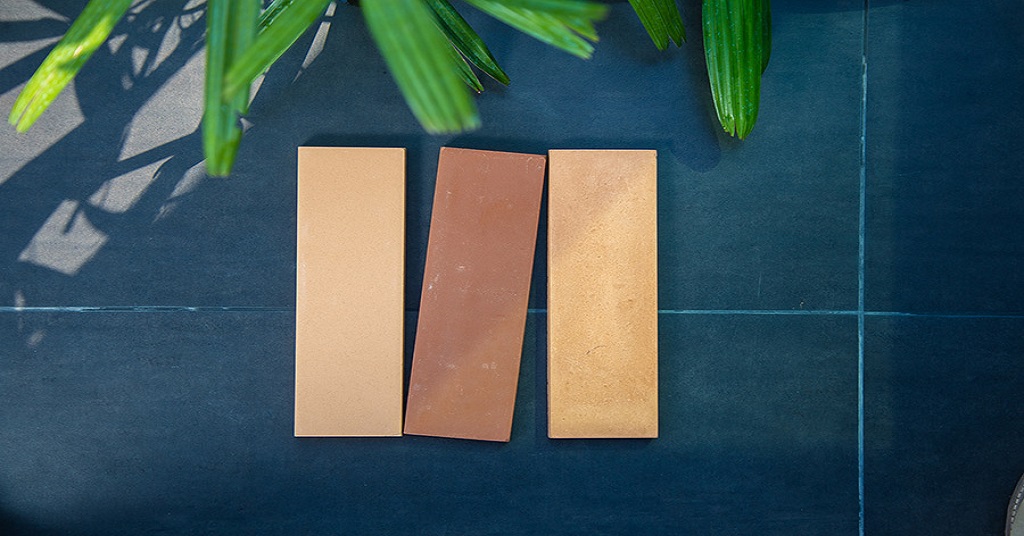
Manufacturing Process Behind Their Strength
Modern industrial paver blocks are produced in automated facilities that control every aspect of production — from material mixing to curing.
Step-by-Step Manufacturing Process
- Raw Material Selection: High-grade cement and clean, graded aggregates.
- Proportioning: Balanced mix design for strength and workability.
- Vibration Compaction: Ensures density uniformity and air removal.
- Curing: Typically 28 days for optimal hydration and strength.
- Quality Testing: Each batch is checked for compressive strength, dimensional accuracy, and water absorption.
This process ensures that each paver performs consistently, meeting national and international construction standards.
Real-World Performance: Load & Durability Insights
Industrial paver blocks are not just strong — they’re scientifically tested to perform under the most demanding conditions.
| Performance Metric | Typical Value | Impact |
|---|---|---|
| Compressive Strength | ≥ 50 MPa | Withstands forklifts, trucks, heavy machinery |
| Water Absorption | ≤ 6% | Prevents surface erosion and moisture damage |
| Abrasion Loss | ≤ 2 mm | Maintains surface smoothness under friction |
| Load Capacity | Up to 400 kg/cm² | Suitable for high-traffic industrial use |
Their modular design also enables thermal flexibility, meaning they expand and contract with temperature changes without cracking — a major advantage in Bangladesh’s hot and humid climate.
Pricing varies depending on material thickness, surface finish, and structural requirements. The following table outlines the average market prices across Bangladesh in 2025:
| Specification | Thickness (mm) | Average Price (৳/Piece) | Best Suited For |
|---|---|---|---|
| Standard Grey Paver | 60 mm | ৳30–৳40 | Light industrial areas |
| Heavy-Duty Plain | 80 mm | ৳45–৳60 | Warehouse & factory floors |
| RCC Reinforced Paver | 100 mm | ৳65–৳80 | Logistic yards & terminals |
| Color-Coated/Interlocking | 80 mm | ৳55–৳75 | Corporate & outdoor spaces |
While initial costs may be slightly higher than traditional concrete slabs, industrial pavers offer superior return on investment due to minimal maintenance and faster installation.
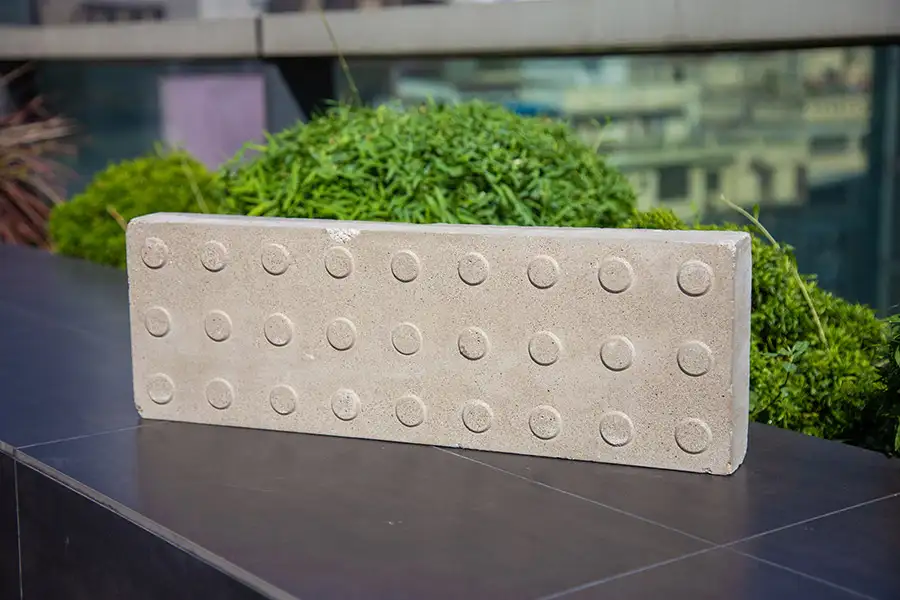
1. Textile Manufacturing Zone, Narayanganj
A leading textile group replaced concrete floors with interlocking industrial pavers to handle forklift traffic. After two years, maintenance costs dropped by over 40%, with improved worker safety.
2. Logistic Yard, Chattogram Port Area
Paver blocks replaced uneven concrete surfaces, allowing smoother container movement. The project recorded zero structural repairs after 18 months of operation.
3. Power Plant Site, Gazipur
Pavers used for outdoor pathways minimized dust accumulation and surface erosion, improving site cleanliness and accessibility during the monsoon season.
These examples highlight how industrial paver systems improve performance, durability, and cost efficiency across diverse applications.

Beyond their structural benefits, industrial paver blocks also deliver clear economic and operational gains for industrial operators.
Key Advantages
- Reduced Downtime: Damaged sections can be replaced individually without halting operations.
- Lower Lifecycle Cost: Reduced repair, cleaning, and resurfacing expenses.
- Faster Installation: Precast nature speeds up site readiness.
- Improved Safety: Anti-slip surfaces reduce accidents in wet or oil-prone zones.
- Aesthetic Appeal: Consistent finish enhances factory presentation and branding.
Over a 20-year period, industries typically see a 20–30% reduction in flooring maintenance costs compared to poured concrete.
FAQ
Industrial paver blocks are used for factory floors, warehouses, container yards, and logistic terminals. Their heavy load capacity and slip-resistant surfaces make them ideal for high-traffic industrial areas.
When properly installed and maintained, industrial paver blocks last over 30 years. Their modular design allows easy replacement of damaged sections, reducing long-term maintenance costs.
As of 2025, the average price of industrial paver blocks in Bangladesh ranges from ৳30 to ৳80 per piece, depending on thickness, finish, and material strength.
Yes. Industrial paver blocks are faster to install, easier to repair, and more cost-efficient than poured concrete floors. They also resist cracking, water damage, and chemical corrosion.
Yes. Industrial paver blocks are faster to install, easier to repair, and more cost-efficient than poured concrete floors. They also resist cracking, water damage, and chemical corrosion.
Sustainability and Green Construction Benefits
Sustainability has become a major focus in Bangladesh’s infrastructure development goals, and industrial paver blocks align with that vision.
Environmental Benefits
- Lower Carbon Emissions: Incorporation of fly ash and slag reduces cement dependency.
- Recyclable Material: Damaged blocks can be reused or crushed into aggregates.
- Water-Efficient Curing: Modern production recycles curing water to minimize waste.
- Reduced Heat Reflection: Lighter colors and textures reduce heat islands in industrial zones.
- These features support Bangladesh’s commitments to SDG 9 (Industry, Innovation & Infrastructure) and SDG 12 (Responsible Consumption & Production).
Building the Future of Industrial Flooring in Bangladesh
Industrial paver blocks represent a major advancement in how Bangladesh constructs, maintains, and sustains its industrial infrastructure. Their modular strength, environmental compatibility, and economic efficiency make them the preferred choice for 2025 and beyond.
As Bangladesh expands its export zones, industrial parks, and logistics networks, adopting durable, sustainable flooring materials will be essential for long-term resilience and competitiveness. Industrial paver blocks provide a proven foundation for that progress — helping industries operate safely, efficiently, and sustainably for decades to come.
“In the age of industrial growth, durability isn’t an expense — it’s an investment in productivity and sustainability.”
